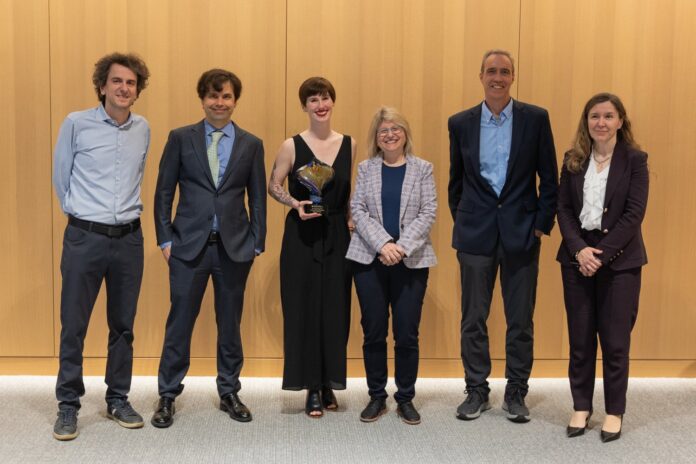Introduction to a New Era in Healthcare
The integration of artificial intelligence in healthcare has the potential to revolutionize the way we approach medical treatments. However, the introduction of subscription-based models for these advanced technologies raises concerns about accessibility and equity. This issue is at the heart of a speculative fiction story written by Annaliese Meyer, a PhD candidate at MIT, which explores the implications of such a system on vulnerable patients.
The Concept of B-Bots
Meyer’s story centers around "B-Bots," synthetic bacterial mimics designed to regulate gut biomes. These tiny robots are activated by Bluetooth and have the potential to manage vitamin deficiencies and chronic conditions like acid reflux and irritable bowel syndrome. The concept of B-Bots is inspired by recent research on the significant impact of microbiomes on overall health. Meyer, who is working on her thesis in ocean metaproteomics, drew parallels between the complexity of ocean ecosystems and the human gut microbiome.
A Cautionary Tale
The introduction of a subscription model for B-Bots serves as a catalyst for the narrative, highlighting the potential pitfalls of for-profit healthcare systems. Meyer’s story chronicles the experiences of both the creator of B-Bots and a user named Briar, who initially benefits from the technology but later faces uncertainty when the subscription model is introduced. This narrative thread serves as a warning about the dangers of prioritizing profits over people in the healthcare sector.
Personal Inspiration
Meyer’s interest in this topic is also informed by her personal experiences. As a Canadian, she has witnessed the differences between the healthcare systems in the United States and Canada. Her mother’s recent cancer treatments in British Columbia, Canada, underscored the disparities in cost and coverage between the two countries. This personal connection adds depth to Meyer’s exploration of the ethical implications of advanced healthcare technologies.
The Envisioning the Future of Computing Prize
Meyer’s story was submitted as part of the Envisioning the Future of Computing Prize, a contest that challenges MIT students to think critically about the societal impact of computing-related technologies. The prize, co-sponsored by the Social and Ethical Responsibilities of Computing (SERC) and supported by MAC3 Philanthropies, aims to encourage students to consider the broader consequences of their work. This year, the contest attracted 65 submissions from students across various disciplines, including brain and cognitive sciences, economics, electrical engineering, and physics.
The Judging Process
The evaluation process for the prize involved a two-stage review. Initially, a committee of faculty members assessed the submissions anonymously, selecting three finalists based on the clarity, thoroughness, and creativity of their essays. The finalists then presented their work at a live awards ceremony, where they answered questions from the audience and a judging panel. The winner was determined by a final tally that combined the essay score with the presentation score.
Winners and Honorable Mentions
Meyer was awarded the $10,000 grand prize for her thought-provoking story. Two runners-up, Martin Staadecker and Juan Santoyo, received $5,000 each for their essays on a token-based system for tracking fossil fuels and a field-deployed AI for supporting soldiers’ mental health, respectively. Eight honorable mentions were also recognized, each receiving a $1,000 cash prize.
Conclusion
The story of B-Bots and the Envisioning the Future of Computing Prize serve as a reminder of the importance of considering the ethical and societal implications of emerging technologies. As we move forward in an era of rapid technological advancement, it is crucial that we prioritize accessibility, equity, and the well-being of all individuals. By encouraging students to think critically about the future of computing, initiatives like the Envisioning the Future of Computing Prize play a vital role in shaping a more compassionate and responsible approach to technological innovation.

